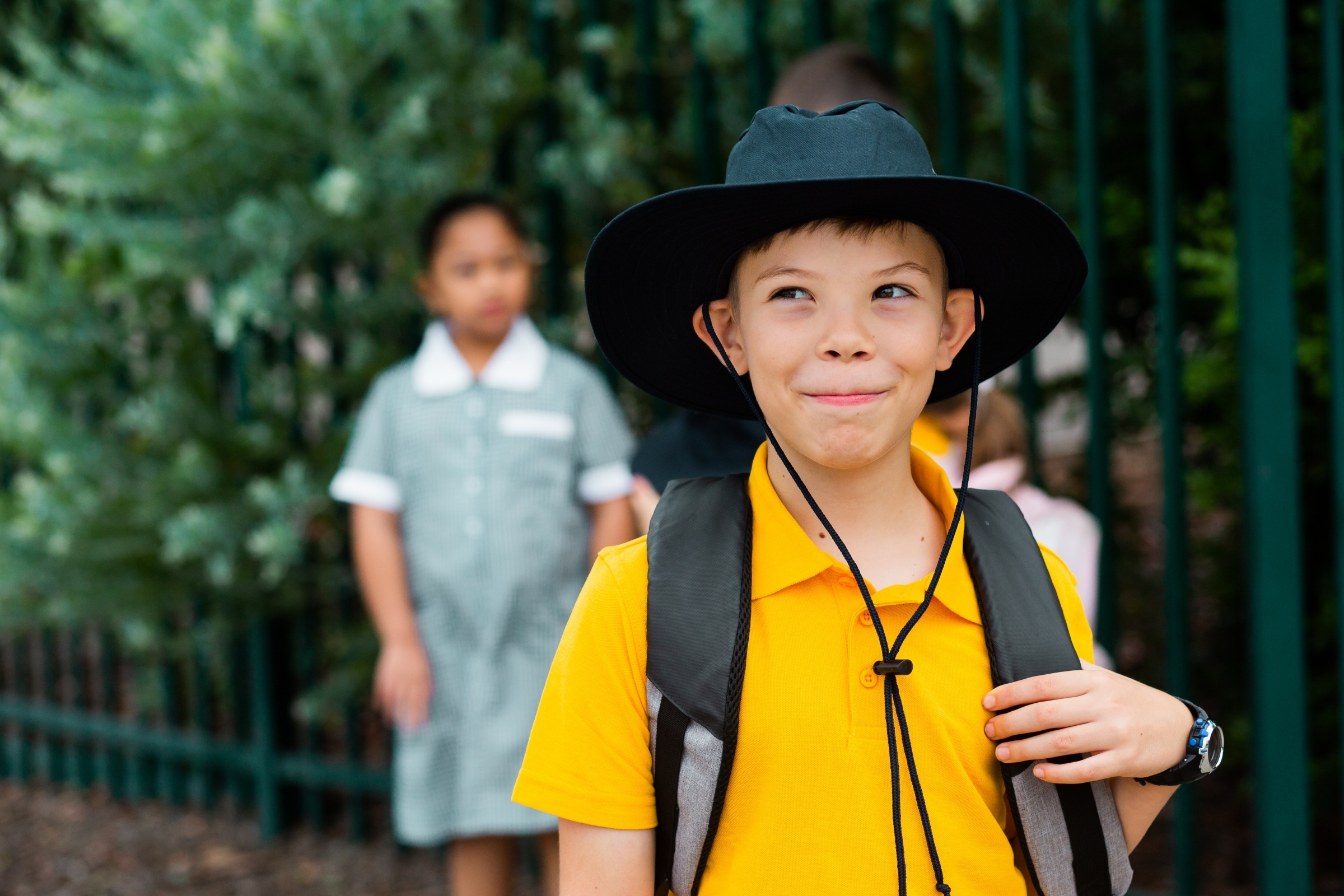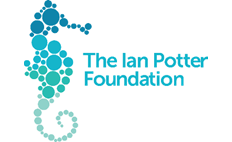Children's Wellbeing Continuum
Game-changing tool supports conversations about children's mental health and wellbeing.
Building primary schools’ capacity to enhance children’s mental health
Children’s mental health is fundamental to their development and learning. Good mental health means having a positive sense of wellbeing, coping with challenges and being able to realise individual potential. Unfortunately, not all children experience good mental health. Schools are an ideal platform for promoting children’s mental health. Yet, without resourcing and dedicated training and support, it can be challenging for teachers to navigate increasing mental health issues in the classroom.
Developed by paediatricians, educators, psychologists, researchers, and teachers, the Mental Health in Primary Schools (MHiPS) initiative upskills experienced teachers to become Mental Health and Wellbeing Leaders and aims to increase the capacity of Victorian primary schools to support the mental health of their students.


Key Facts
- In Australia, 1 in 12 children aged 4-11 years have a diagnosed mental health disorder
- 20 per cent of children experience mental health difficulties that affect their daily living
- The MHiPS initiative has been rolled out to more than 1000 Victorian primary schools so far
- Over 95% of participants undertaking MHiPS agreed the MHWL model had increased whole-school capacity to support student mental health and wellbeing
Teachers are ideally placed to address emerging mental health issues. With access to the Mental Health and Wellbeing Leaders, we have seen improved care pathways for kids who may otherwise have slipped through the cracks.
- Professor Frank Oberklaid
Mental Health in Primary Schools, or MHiPS, is a partnership between the Centre for Community Child Health at the Murdoch Children's Research Institute and the Faculty of Education at the University of Melbourne.
Proudly in partnership with
MHiPS would like to acknowledge the Ian Potter Foundation, the Victorian Department of Education and Training, the Helen Macpherson Smith Trust, SALT Catalyst, Bupa, the RE Ross Trust and the R.M. Ansett Trust for their support in establishing the initiative.






